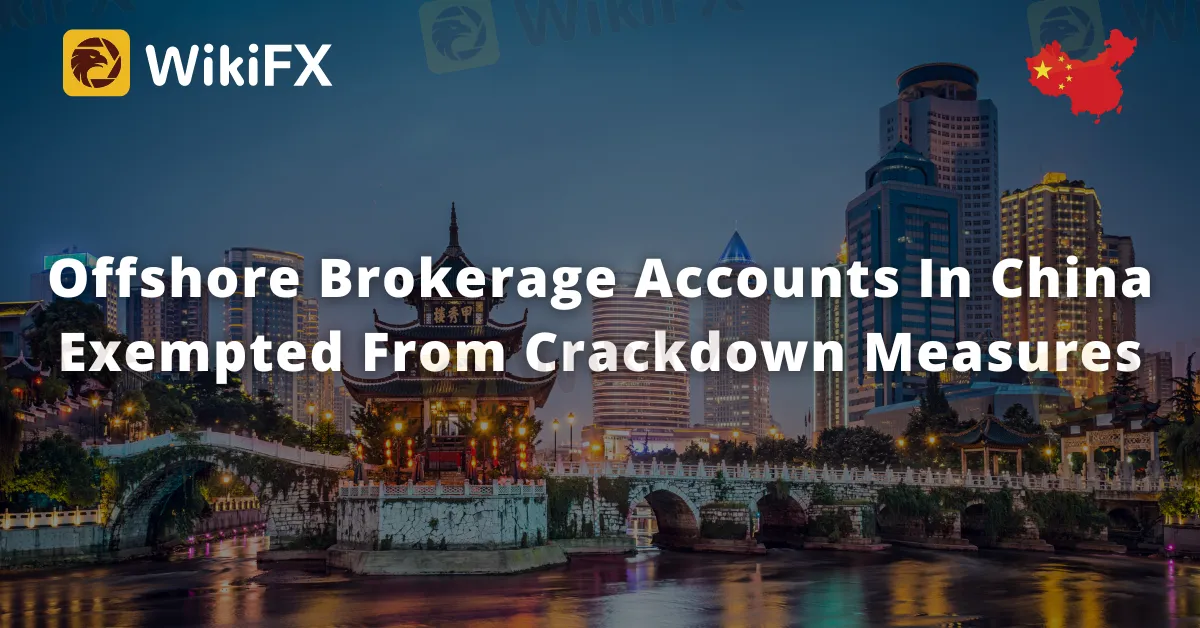Abstract:China's securities regulator, has declared that mainland investors who currently have offshore trading accounts would be able to continue their activities. The ruling comes as the SEC intensifies its control of illicit cross-border brokerage services offered by domestic securities companies' offshore operations.

The China Securities Regulatory Commission (CSRC), China's securities regulator, has declared that mainland investors who currently have offshore trading accounts would be able to continue their activities. The ruling comes as the SEC intensifies its control of illicit cross-border brokerage services offered by domestic securities companies' offshore operations.
The CSRC stressed in a statement made on Wednesday that it is working to correct brokerage services given by offshore divisions of domestic securities companies that breach the country's capital regulations. However, existing offshore accounts will not be restricted as long as they comply with the government's foreign exchange (FX) laws.
The new policy comes in reaction to Hong Kong brokerages' recent suspension of accounts for mainland Chinese clients, which came after Beijing pledged to tighten its monitoring of unlawful cross-border activity. China has been cracking down on unlawful activity in the securities market, and the CSRC ordered Futu Holdings Ltd. and Up Fintech Holding Ltd. to suspend their “illegal” activities and stop accepting new onshore investors in December. The disclosure wiped away billions of dollars in market value and forced Futu to postpone its Hong Kong debut.
 Link to full details:
Link to full details: https://www.wikifx.com/en/newsdetail/202302141784169448.html?source=fma3
Following the news, Futu Holdings and Up Fintech Holdings saw 10% increases to premarket session highs in the United States on Wednesday.
China forbids its citizens from using their $50,000 yearly foreign currency allotment to buy stocks and insurance abroad. However, many mainland Chinese have flouted the regulation by creating accounts outside of the country's boundaries. Some brokerages in Hong Kong have been operating in the shadows, enabling millions of Chinese investors to avoid capital regulations.

While the current declaration by the CSRC may provide some comfort to mainland Chinese investors who already have offshore trading accounts, it also underlines the Chinese government's continuous attempts to regulate the securities market and implement capital restrictions. China's regulatory policies have far-reaching implications on the global financial market as the world's second-largest economy, and it is critical for investors to remain up to speed on the latest changes in the country's financial sector.
Install the WikiFX on your smartphone to stay updated on the latest news.
Download link: https://www.wikifx.com/en/download.html?source=fma3












